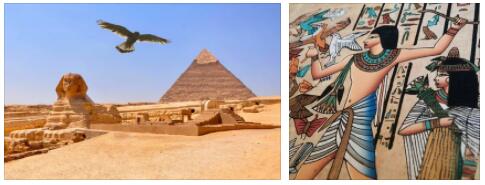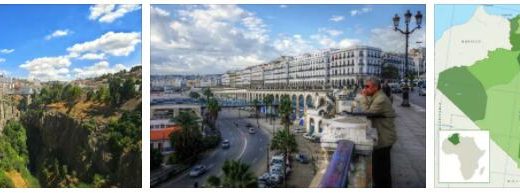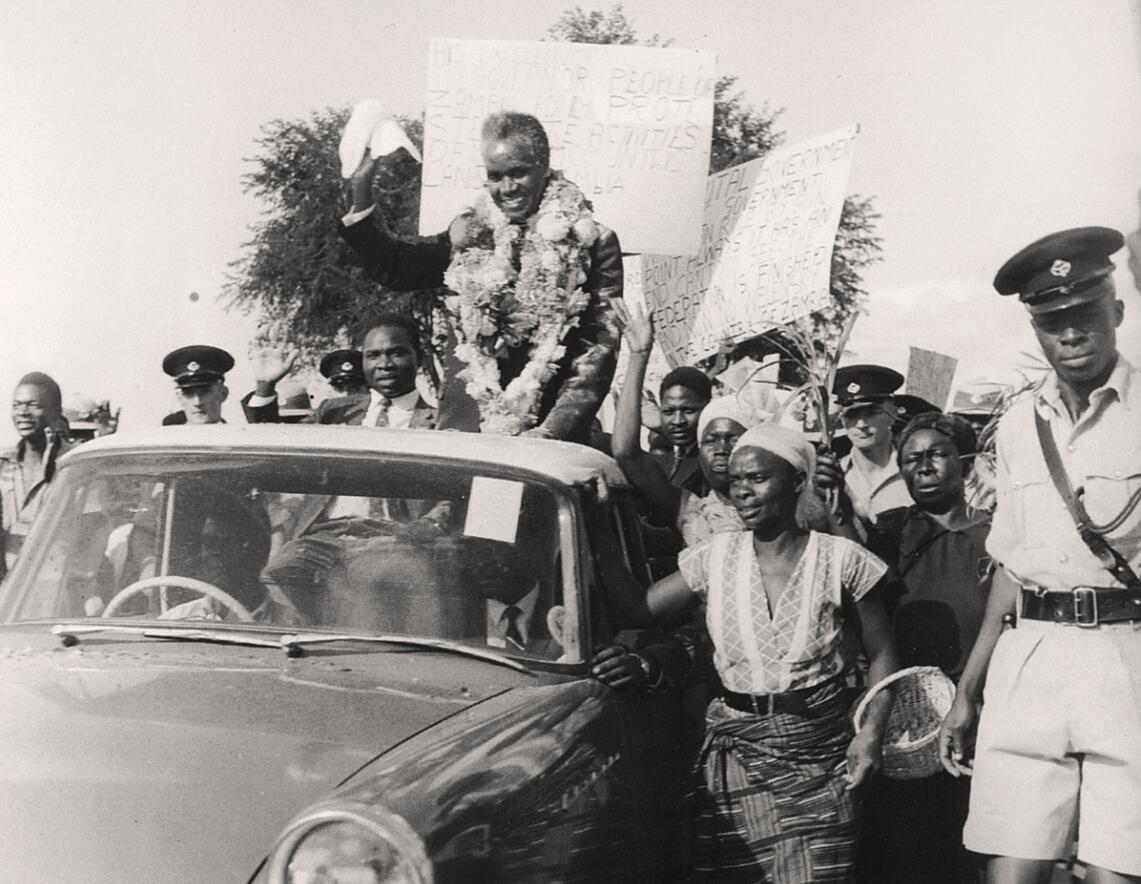Egypt History and Politics
Egypt – the land of the pharaohs
Egypt has a culture that is thousands of years old and many testimonies to this culture are among the oldest testimonies in human history. So we can still see the only one of the seven wonders of the ancient world in Egypt: the pyramids of Giza, which are located in northern Egypt very close to the capital Cairo. The pyramids were the tombs of the pharaohs, that’s how the Egyptian kings were called. These were buried with valuable grave goods as mummies in the pyramids. Would you like to make your own pyramid? Then take a look at our tips for participation !
Ancient Egypt
Ancient Egypt was one of the first advanced civilizations on earth. It began around 3000 BC. And ended with the Greco-Roman period in 395 AD. The period of ancient Egypt is divided into several sections. These are the Old Kingdom, the Middle Kingdom, and the New Kingdom. There are still “intermediate times” between these. The New Kingdom is followed by the Late Period and precisely the Greco-Roman Period. There were a total of 31 dynasties that ruled in ancient Egypt.
The Old Kingdom (circa 2707–2216 BC) was the time of the pyramids. The oldest pyramid is the step pyramid of Pharaoh Djoser. Then the three great pyramids of Giza emerged, which we mostly associate with “the pyramids”. By the way, there are a total of 88 pyramids in Egypt!
After a different dynasty came to power in the north than in the south, Egypt was reunited in the Middle Kingdom (approx. 2137–1781 BC). The god Amun became more and more important for the Egyptians and in his honor they built a large temple in Karnak. 1650 BC The Hyksos conquered Egypt. 1560 BC They could be driven out.
The New Kingdom began (around 1550–1070 BC). The tombs should now be hidden so that no foreign rulers could find and plunder them. So no more pyramids were built. The pharaohs were now buried deep in the rock – in the Valley of the Kings. Important rulers were Thutmose I, Amenophis IV (who later called himself Akhenaten), Tutankhamun and Ramses I, II and III.
332 BC Alexander the great conquered Egypt. The Greco-Roman period lasted until 395 AD. The famous Cleopatra, who allied with the Roman Emperor Caesar, also ruled during this period.
Arabs, Ottomans, French and Muhammad Ali
Egypt was conquered by the Arabs in 640/641. With that, Islam also came into the country. In 1517 Egypt was conquered by the Ottomans. In 1798 the French Emperor Napoleon entered Egypt and ended the rule of the Ottomans. As early as 1801, however, the British forced him to retreat.
Muhammad Ali took power in 1805. He was actually a pasha of the Ottomans, that is, an administrator. But then he took control. His dynasty ruled Egypt until 1953. In 1922 Egypt became a kingdom.
Egypt in modern times
The construction of the Suez Canal in 1869, which now connected the Red Sea with the Mediterranean, became extremely important for the economic development of Egypt. The British took control of Egypt until the end of World War II and from 1914 Egypt was a British protectorate. In 1948 Egypt took part in the Arabs’ war against the newly founded state of Israel.
The Republic of Egypt was proclaimed on June 18, 1953, and General Muhammad Nagib became the first president. His successor Gamal Abdel Nasser pursued a policy of pan-Arabism. He also had the Aswan Dam built, which was inaugurated in 1971. Anwar al-Sadat opened politics to the west from 1970. Sadat also signed a peace treaty in 1979 after many conflicts with Israel.
Egypt currently
In the Gulf conflict of 1990/91, Egypt under President Husni Mubarak supported the Americans against Iraq. Mubarak resigned from his presidency on February 11, 2011 after protests by millions of people.
Mohammed Morsi, who belonged to the Muslim Brotherhood, was elected as his successor. But he could not stay in his office for long either, because on July 3, 2013 the Egyptians deposed him again. He was followed in June 2014 by Abdel Fattah al-Sisi, a military man. Despite the elections, the situation in Egypt is unstable.
Even if Egypt is now a democracy, it remains difficult to freely express one’s opinion there. So many people came and still come to prison because they do not agree with the conditions in the country and demonstrate against the government or express their opinions publicly.



